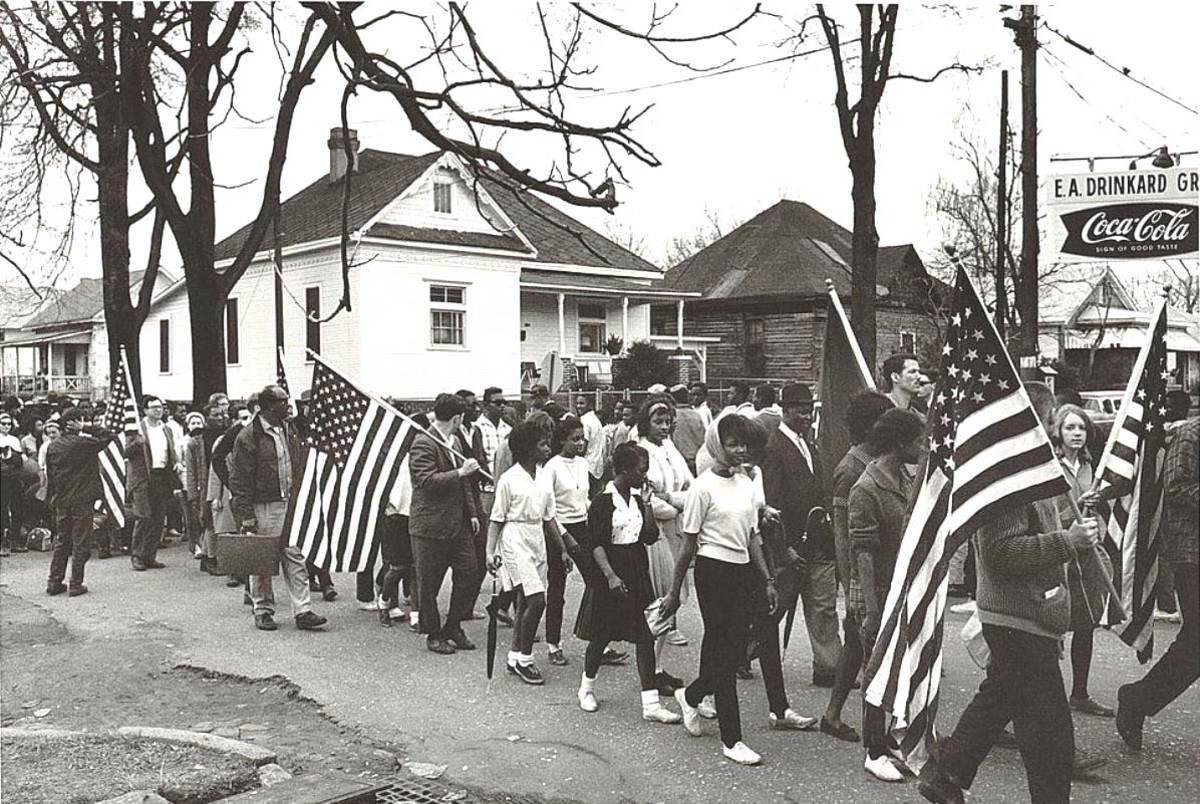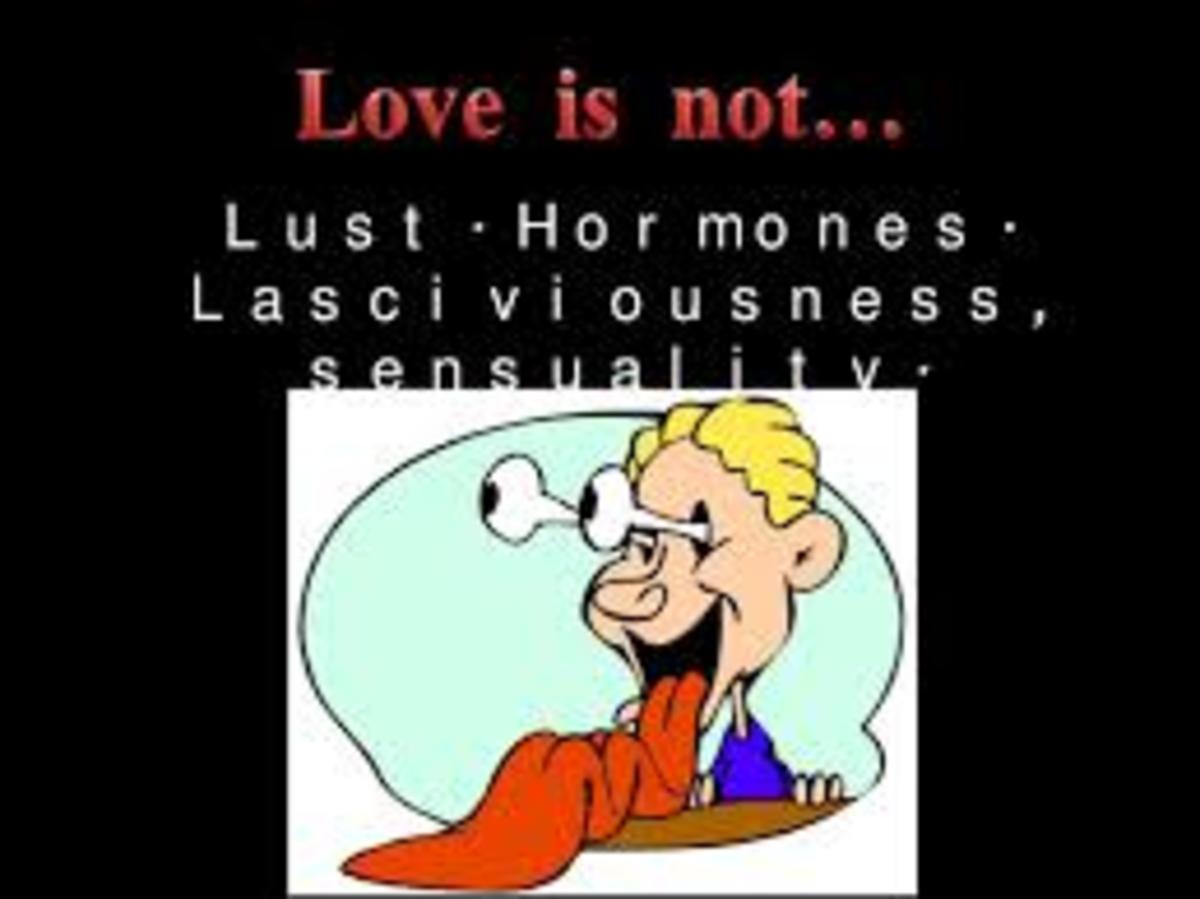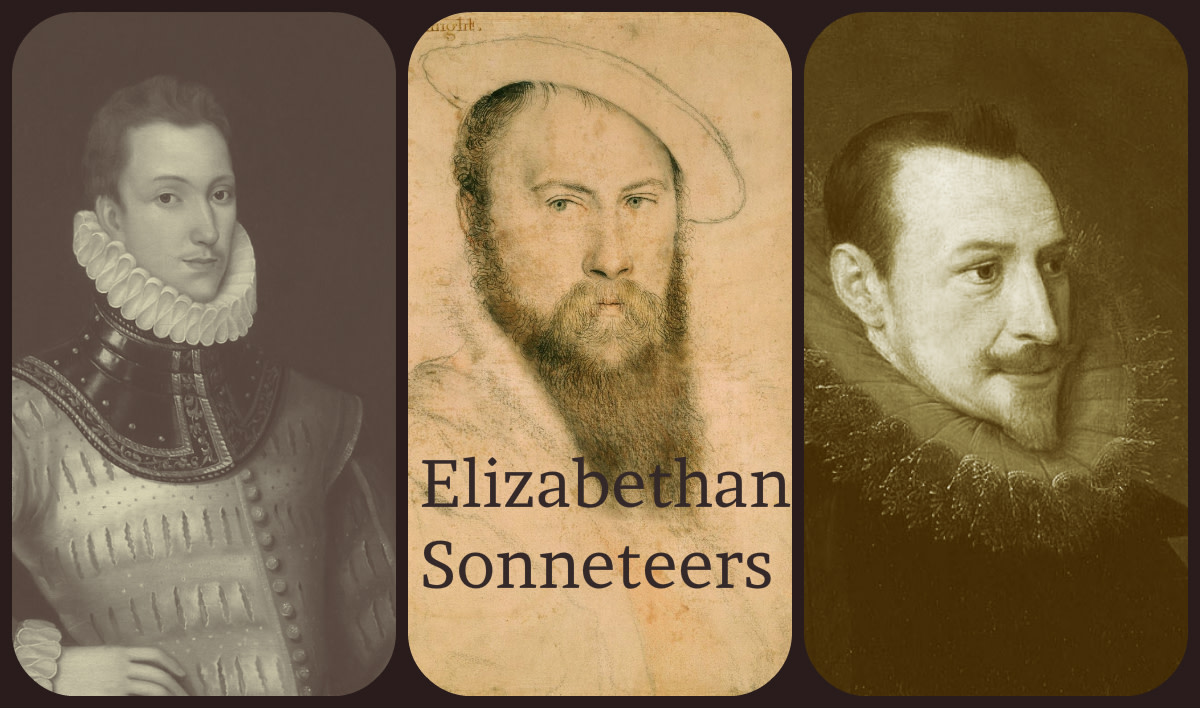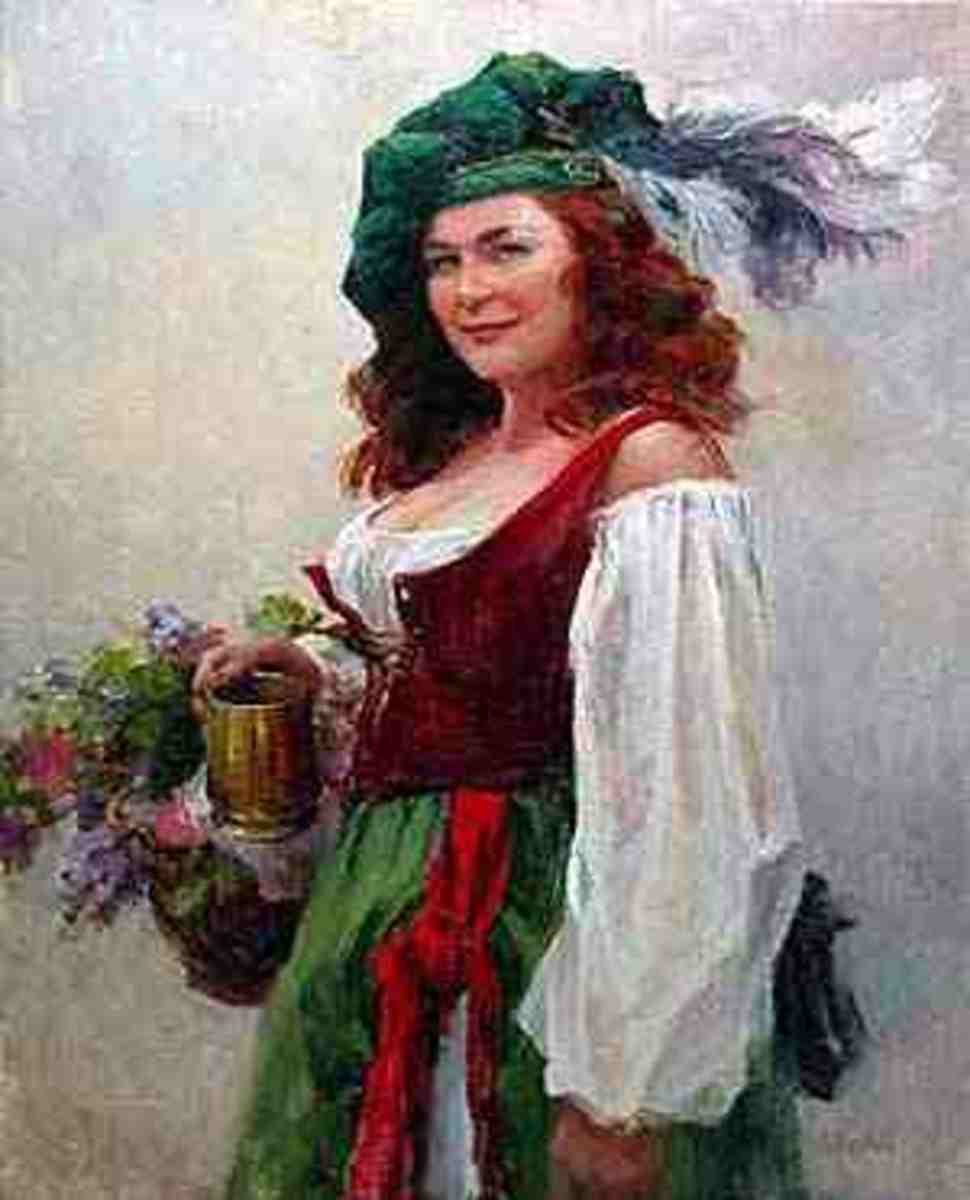"The Function of Music in James Thomson’s 'Spring' ”
James Thomson
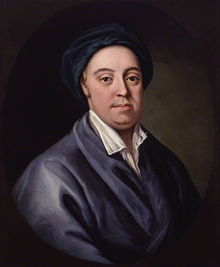
Lucifer's Pre-Lapsarian Role
view quiz statisticsMusic: The Preserver of Nature's Harmony
Music presided over the universe at the beginning of time, and its “practitioners”—animals, birds, and the natural environment herself—have been actively plying their trade since that age. Surely it can be posited that the Creator had some purpose for its continuance. Could that purpose be, in some sense, linked to one of the ways in which this Power preserves the world? A short peek at the Judeo-Christian scheme reveals that before time began, God intended Lucifer, the original worship director, to conduct the universal symphony. Disastrously, this great personage perverted his primeval role:
You were the seal of perfection,
Full of wisdom and perfect in beauty.
You were in Eden, the garden of God;
Every precious stone was your covering:
The sardius, topaz, and diamond,
Beryl, onyx, and jasper,
Sapphire, turquoise, and emerald with gold.
The workmanship of your timbrels and pipes
Was prepared for you on the day you were created.
You were the anointed cherub who covers;
Till iniquity was found in you. (Ezek. 28:12-15)
As the highly-favored “anointed cherub,” this antitypical king of Tyre likely rejoiced before the throne of God with glad music played on his “timbrels and pipes” until his rebellious iniquity banished him to the Garden where he wove his message not with melodic tones, but with the crafty rhythm of deceit. He had not yet corrupted the music of the earthly Eden.
In his poem “Spring,” James Thomson recreates another “Golden Age” environment where music yet played an indispensable role. Even after the first couple fell, this wonderful gift of God continued to serve a vital purpose for the now imperfect world. This study will argue that music functions in “Spring” as the divinely-orchestrated background accompaniment in the preservation of Nature’s harmony in both pre-lapsarian and post-lapsarian periods.
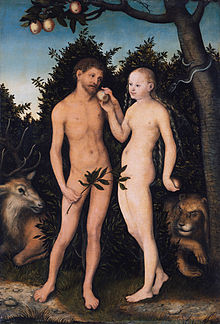
Music in Paradise
In “Spring,” eighteenth-century Scottish poet James Thomson creates a mythical setting that “has close parallels with the Biblical story of the Garden of Eden and mankind’s loss of his paradisal state” in which music constitutes a pleasant pastime for Man in the very beginning (Fairer and Gerrard 218). Before discussing music’s role in the environment, Thomson begins his portrayal of these pre-lapsarian times with the rising of Humanity from sleep on that first day:
“The first fresh Dawn then wak’d the gladden’d Race/Of uncorrupted Man, nor blush’d to see/The Sluggardsleep beneath its sacred Beam” (lines 242-4).
The language is replete with images bespeaking perfection. Not only does the poet describe the fullness of joy resident within the Race of mankind yet to be tainted by sin (“gladden’d,” “uncorrupted”), but he also personifies the Dawn as unashamed to watch Adam, the sluggard, indulge in a few more moments of slumber under its divinely-sanctified roof (“sacred Beam”).
Thomson next specifies the plurality of Mankind (‘their”)—fellowship existed between members of the new Race—and shares how this harmonious relationship extends into a day of robust and enjoyable work upon the earth and among the sheep after Mankind’s undisturbed rest unnoticeably “came to an easy and gradual termination” (Thomson 56) [“fum’d away”], just as the dew evaporates from the ground:
For their light Slumbers gently fum’d away,
And up they rose as vigorous as the Sun,
Or to the Culture of the willing Glebe,
Or to the chearful Tendance of the Flock. (lines 245-6)
Drawing some of his thoughts from Paradise Lost, Thomson may have borrowed the Miltonic idea “airy” and substituted “light.” “Their light slumbers” must have persisted into what became normal for them, for Milton relates that Adam’s healthy diet, let alone the morning prayer service of birds with which he was serenaded, made him sleep and wake well:
Now morn her rosy steps in th’ eastern clime
Advancing, sow’d the earth with orient pearl,
When Adam waked, so customed; for his sleep
Was aery light, from pure digestion bred
And temp’rate vapors bland, which th’ only sound
Of leaves and fuming rills, Aurora’s fan,
Lightly dispersed, and the shrill matin song
Of birds on every bough (Milton 5.1-8).
After the worshipful symphony ends his rest, Adam and his companion occupy their time by either turning over the rich, defrosted soil as agriculturists (“Culture of the willing Glebe”) or shepherding the flocks. Thomson adds “chearful,” to the latter job, perhaps hinting that the pleasant sounds of music always accompanied them wherever they traveled to work their land or care for their sheep.
The poet inserts a reference to song in a prominent location, emphasizing its seeming centrality and indispensability in this environment. “Meantime the Song went round; and Dance and Sport/Wisdom and friendly Talk, successive stole/ Their Hours away” (249-51). Mankind divides its days among a merry mix of various activities. Sometimes they dance and play games together; sometimes they sit and talk about serious matters (“Wisdom”). On other occasions, they discuss their relationship (“friendly talk”). They never engage in anything without hearing or feeling “the Song” circulating and permeating their surroundings. Though not specified here, “the Song” undoubtedly consists of more than the Man playing a flute, but involves the whole of Nature.

Thomson next stresses Love’s “infant Sighs”—a type of melodious sound—that result in complete contentment in this beautiful place of rich colors and smells (“the rosy Vale”):
While in the rosy Vale
Love breath’d his infant Sighs, from Anguish free,
And full replete with Bliss; save the sweet Pain,
That, inly thrilling, but exalts it more (lines 251-54).
The poet depicts a personified Love’s first sighs as without sorrow; in fact, they permeate all of life, exuding happiness. Even their only exception—the paradoxical “sweet Pain”—thrills the people inwardly and exalts their intimate relationship even more.
Before showing how music properly fits into his depiction of this Golden Age, Thomson presents the reader with a society devoid of sin; rationality and good deeds, mandatory requirements for citizenship, leave no room for wrongdoing:
“Not yet injurious Act, nor surly Deed,/Was known among these happy Sons of HEAVEN;/For Reason and Benevolence were Law” (lines 255-57).
A righteous temper dominated the hearts of the children of God; everyone operated out of the goodness of his heart. The poet borrows the concept of this ideal place from Ovid’s Metamorphoses:
“Golden was that first age, which, with no one to compel, without a law, of its own will, kept faith and did the right. There was no fear of punishment, no threatening words were to be read on brazen tablets; no suppliant throng gazed fearfully upon its judge’s face; but without judges lived secure” (1.89-92).
No need existed for people to judge right from wrong among the people, for no one sinned.
Consequently, Nature in its various manifestations—a beneficial admixture of clear skies, cool winds, balmy conditions, moderate sunshine, and abundant rain—gladly cooperates with Mankind’s goodness, and showers the earth with happiness, blessing, and abundance:
Harmonious Nature too look’d smiling on.
Clear shone the Skies, cool’d with eternal Gales,
And balmy Spirit all. The youthful Sun
Shot his best Rays, and still the gracious Clouds
Drop’d Fatness down (lines 255-262).
Not only does Mankind and Nature work in perfect harmony, but peace also reigns in the animal world. Thomson’s description, highly reminiscent of another Golden Age yet future, also pertains to this setting:
as, o’er the swelling Mead,
The Herds and Flocks, commixing, play’d secure.
This when, emergent from the gloomy Wood,
The glaring Lion saw, his horrid Heart
Was meeken’d, and he join’d his sullenJoy (lines 262-66).
Here the poet’s imagery suggests a peaceful pastoral scene in which transpires a sudden transformation of the character of the king of beasts from rapacious violence to gentleness and reconciliation. While the passage alludes to an Old Testament prophecy, the parallels are not exact. The Isaianic text refers not to a revitalized Eden, but to a future, earthly kingdom, a paradise regained. In it, the prophet depicts a beautiful harmony in nature, not only between man and the animals, but also between the various animals themselves:
The wolf also shall dwell with the lamb,
The leopard shall lie down with the young goat,
The calf and the young lion and the fatling together
And a little child shall lead them.
The cow and the bear shall graze,
Their young ones shall lie down together;
And the lion shall eat straw like the ox.
The nursing child shall play by the cobra’s hole,
And the weaned child shall put his hand in the viper’s den (Isaiah 11:6-8).
Music and Peace
Thomson may also have had in mind to imitate a passage from Virgil’s Ecologues 4, for it also contains an account of the last age of the Cumaen prophecy regarding a Golden Age similar to the one the former poet is describing: “. . . untended shall the she-goats bring home their milk-swoln udders, nor shall huge lions alarm the herds: unbidden thy cradle shall break into wooing blossom. The snake too shall die, and die the treacherous poison-plant” (Mackail 274). Whether the poet imitates Isaiah or Virgil, his tenor remains the same: everything that may violently disturb the fullness of life in this glorious time has been eliminated.
Finally, Thomson ties the entire Golden Age passage together by positing that music acted as the heavenly “glue” that sustained that society in the peace it enjoyed. It was omnipresent, forming the background accompaniment for every activity of Mankind:
For Music held the whole in perfect Peace;
Soft sigh’d the Flute; the tender Voice was heard,
Warbling the vary’d Heart; the Woodlands round
Apply’d their Quire; and Winds and Waters flow’d
In Consonance. Such were those Prime of Days (lines 267-71).
Music finds expression in a variety of harmonious blends: musical instruments (represented by the gentle, mournful flute), the kind words of the Creator singing to the heart of Mankind, the sounds from the multitude of creatures inhabiting the woods, and even the winds and waters melding together agreeably. That the Voice is heard assumes God’s constant superintendence of the whole symphony.
Spring

The Music of Spring
Music functions in an essential, though background, role in post-lapsarian times as well as in the Golden Age before the Fall. In the opening verses of “Spring,” Thomson addresses this season, ascribes the personal characteristics of gentleness and ‘Ethereal mildness’ to it, and bids it to descend on our Plains ‘while Music wakes around.’
Come, gentle SPRING, Ethereal Mildness, come,
And from the Bosom of yon dropping Cloud,
While Music wakes around, veil’d in a Shower
Of shadowing Roses, on our Plains descend (Lines 1-4).
Thus, music’s presence at the arrival of the season—one version suggests that the music is that of “birds awaking from the long silence of winter” (Thomson 43)—that will nourish the countryside shows its importance in the poet’s mind as a preservative of Nature. In fact, Cohen writes, “Thomson deliberately sought to make the music of the induction . . . part of his meaning. For he was to present the sounds as a significant part of the season” (12).
A short way into his poem, Thomson describes the arrival of a mild spring in the fields after a hard, cold winter. Through the instrumentality of music of two different kinds—the simple Song and soaring Lark—both farmer and beast of burden receive encouragement, thus preserving a measure of harmony in Nature:
Forth fly the tepid Airs; and unconfin’d,
Unbinding Earth, the moving Softness strays.
Joyous, th’ impatient Husbandman perceives
Relenting Nature, and his lusty Steers
Drives from their Stalls, to where the well-us’d Plow
Lies in the Furrow, loosen’d from the Frost.
There, unrefusing to the harness’d Yoke,
They lend their Shoulder, and begin their Toil,
Chear’d by the simple Song and soaring Lark.
Meanwhile, incumbent o’er the shining Share,
The Master leans, removes th’ obstructing Clay,
Winds the whole Work, and sidelong lays the Glebe (lines 32-43).
What ‘the simple Song’ is is left unexplained, but the pastoral images lend themselves to the reader’s imagination. A farmer, alone with his oxen in an unplowed field, may survey the work before him and resign himself to the task. A simple song that he may have learned as a youth returns to his mind; whistling, humming, or singing it to himself may very well lift the “spirit” of his oxen for the long day ahead. The song of the ‘soaring lark’ likewise serves to cheer the animals as they begin their work. Music, even the simple ditty and the natural strain of the bird, can aid laborers to work with better harmony.
A final example of music’s preservative role in the post-lapsarian period brings forth the personified Love’s creative activity in the avian chorus. From the shrill lark’s morning message (lines 590-1), to the “sweetest length of notes” of the thrush and wood-lark (lines 598-601), to the whistles of the Black-bird (line 604), Thomson leads the reader into an appreciation for the contributions of innumerable others:
The Jay, the Rook, the Daw;
and each harsh Pipe discordant heard alone,
Aid the full Concert: while the Stock-dove breathes
A melancholy Murmur thro’ the Whole.
‘Tis Love creates their Melody, and all
This Waste of Music is the Voice of Love;
That even to Birds, and Beasts, the tender Arts
Of pleasing teaches. (lines 610-17).
Love has invented both the “melody” of the birds (the jay, rook, and daw) whose raucous screeches humanity normally regards as discordant and unpleasant—though the sound from the rookery, according to one lady, “conveys to the mind innumerable pleasing associations with that delightful season of the year, and the universal alacrity and joy with which the animal creation resume their preparations for a new and happy life” (Thomson 73-4)—and the soft, low sighs of the bird whose chords tend to calm the nerves. Thomson even equates the composite of “this waste of Music,” this “profusion” of glorious noise, to Love’s voice (Fairer and Gerrard 226). Love, the wonderful Teacher of “the tender Arts,” blends their voices into a delicious, cacophonous symphony that gladdens the heart of mankind and makes its burdens a little easier to bear.
Rejoice!

Music and Love
Music, to James Thomson, plays an integral role in his construction of “Spring.” His positioning of Love (if the reader will allow, God) as the overriding Presence in both the creation and superintendence of this gift to Nature and mankind is proper and good. He emphasizes that music serves to maintain harmonious relationships within the family of Mankind and helps individual personalities sustain optimism and hope amid the vicissitudes of life. Overall, Thomson has successfully used music as an effective background accompaniment.
Some consider that the poet’s “poetic powers falter”—including perhaps a description of the glorious strains of musical perfection—in his creation of his Golden Age (Cohen 31). This assessment may, indeed, be accurate. However, Thomson makes amends for this possible failing by his inclusion of so many references to music and sounds in the post-lapsarian period. For fallen man to imagine and then depict the glories of the music extant during the times of perfection is surely beyond his measure. Simply to observe and describe natural beauty and the sounds emanating from it amount to a monumental achievement. Thomson has accomplished this task superbly; his “Spring” deserves the rich reputation that its readers have afforded it over the centuries.
© 2015 glynch1

